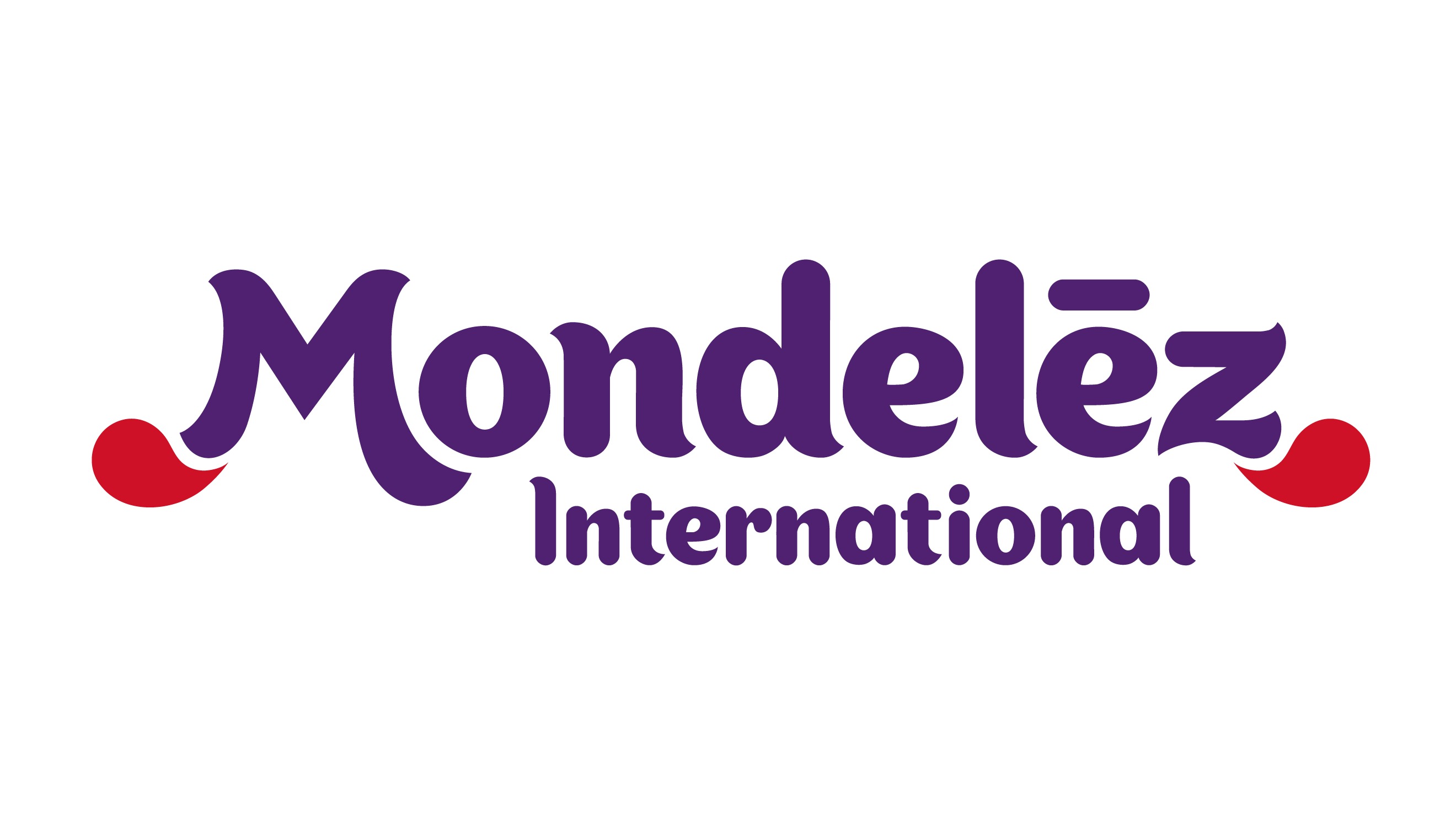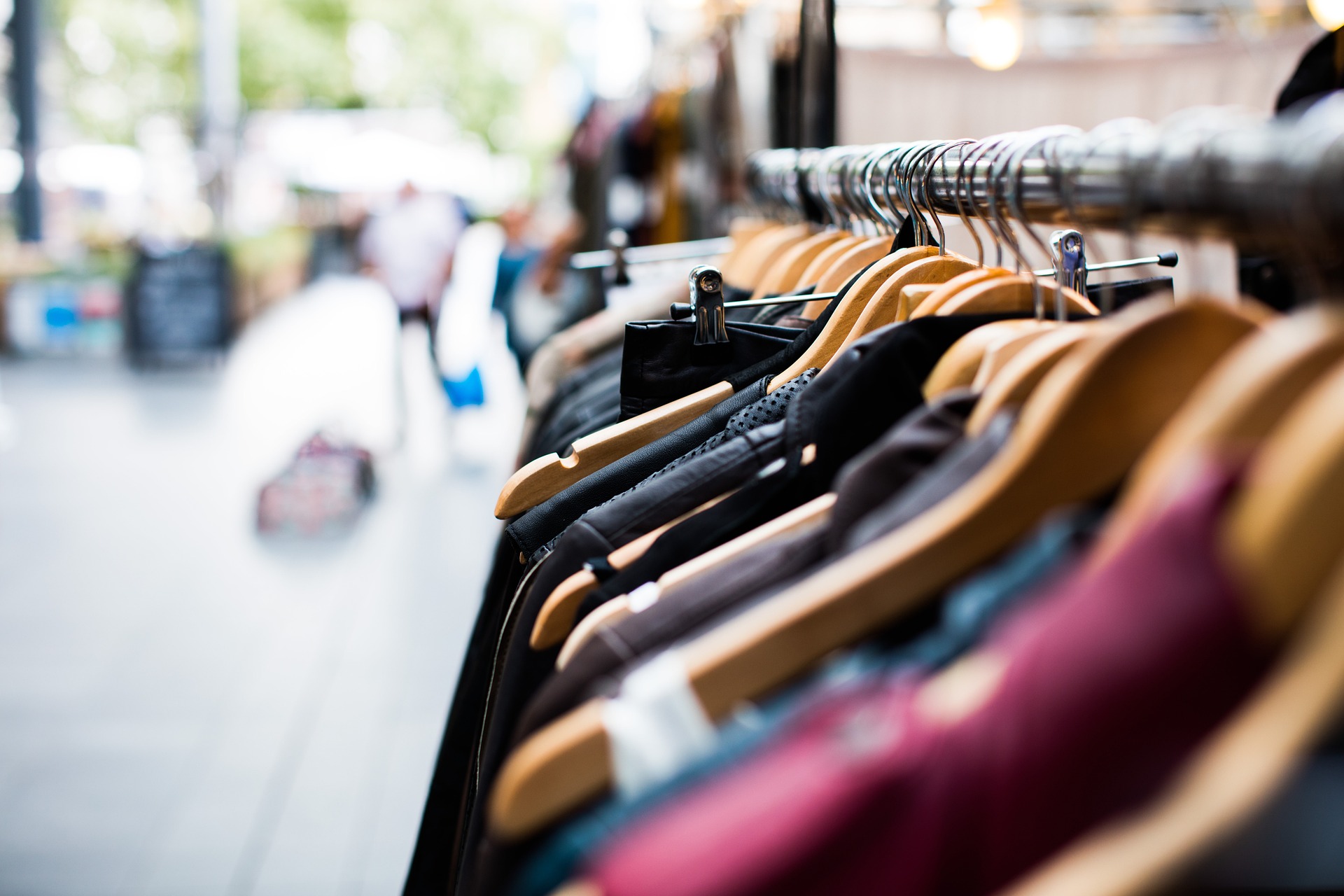The British Retail Consortium (BRC) has revealed that shop price annual inflation returned to “normal levels” in May.
According to data from the organisation, shop price inflation eased to 0.6 per cent in May, down from 0.8 per cent last month.
BRC chief executive Helen Dickinson said that the latest figures were helped by slowing food inflation, with fresh food inflation dropping to its lowest level since November 2021.
She went on to say that in non-food, retailers cut furniture prices in an attempt to revive subdued consumer demand for big-ticket items.
“Retailers are playing a key part in bringing inflation down, but future government policy must support this too," she continued. "Retail plays a key role in every part of the country, from the smallest village to the largest city, employing millions of people, and serving millions more.
"As the cost burden of new policies rises - from business rates to packaging taxes – this affects not just the businesses, but their customers too. With an election in a matter of weeks, it is vital that parties detail their support for customers and retailers in their upcoming manifestos.”
The news come after Kantar published its latest grocery figures last week.
It found that grocery inflation in the UK continued its downward trajectory, marking the 15th consecutive month of decline in May, hitting its lowest level since October 2021.
However, the report noted that prices continued to rise rapidly for certain product categories, including chilled fruit juices and drinks, sugar confectionery, and chocolate confectionery.
“After a number of months of falling input prices, we are now seeing food inflation stabilise and retailers continue to pass on price cuts to shoppers," said Mike Watkins, head of retailer and business insight at NielsenIQ, which published inflation figures alongside the BRC. "Across the industry whilst inflationary pressure has eased and there is some improvement in shopper sentiment, the unseasonable weather has dampened retail sales so lower prices look set to continue and promotional activity is likely to increase drive demand.”
Latest News
-
Four people arrested for cyberattacks on M&S, Co-op and Harrods
-
Scotta boosts inventory capabilities with AI
-
EG Group appoints new group CFO
-
Lidl trials 'VAR-style' self-service checkouts to combat shoplifting
-
Ahold Delhaize appoints new CTO
-
Coop Norway rolls out 128 digital screens across its stores
Supermicro and NVIDIA’s AI Solution for Retailers
To find out more: click here
Poundland significantly reduces antisocial behaviour, aggression and shoplifting with Motorola Solutions VT100 body cameras
Retail should not be a high-risk occupation. As a company, we are focused on listening to our colleagues and customers to help them with the issues they are facing in-store and so far, the feedback on our body cameras has been excellent. They act as a great visual deterrent, help to de-escalate situations and overall, this project has significantly aided our goal to make the retail environment safer.
For further information on Motorola Solutions’ retail security products, including body cameras, click here.
For further information on Motorola Solutions’ retail security products, including body cameras, click here.
© 2024 Perspective Publishing Privacy & Cookies










Recent Stories